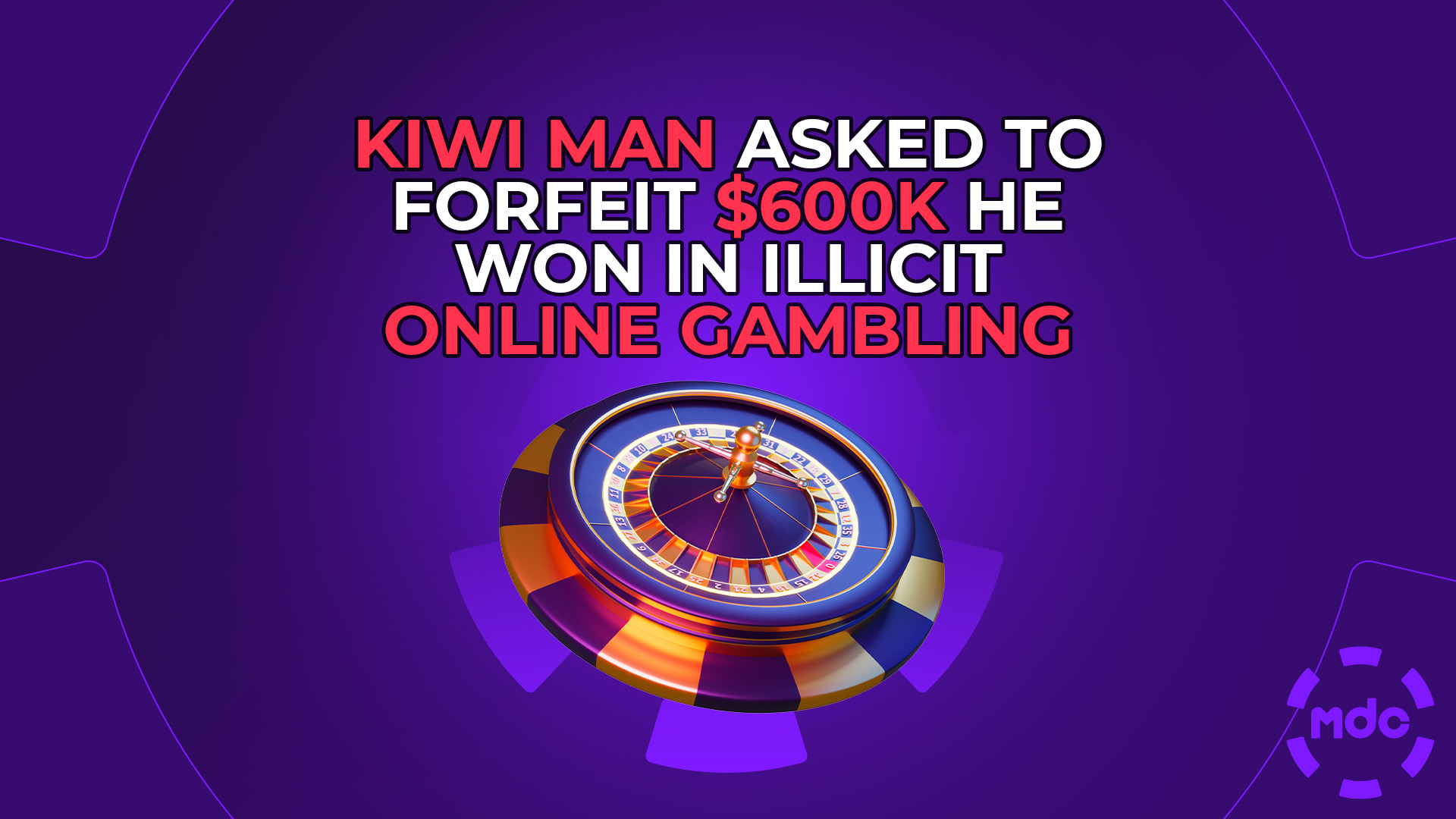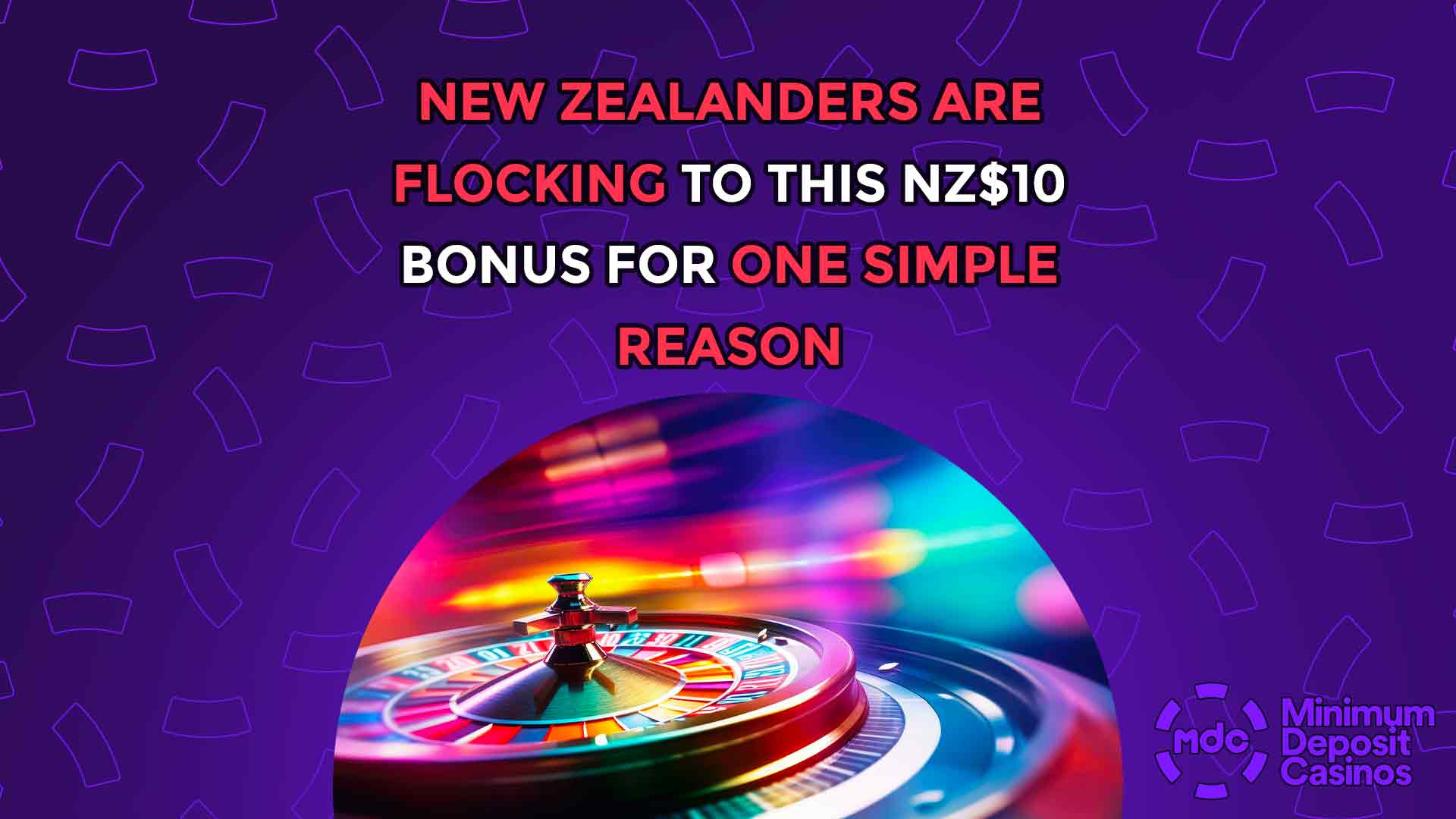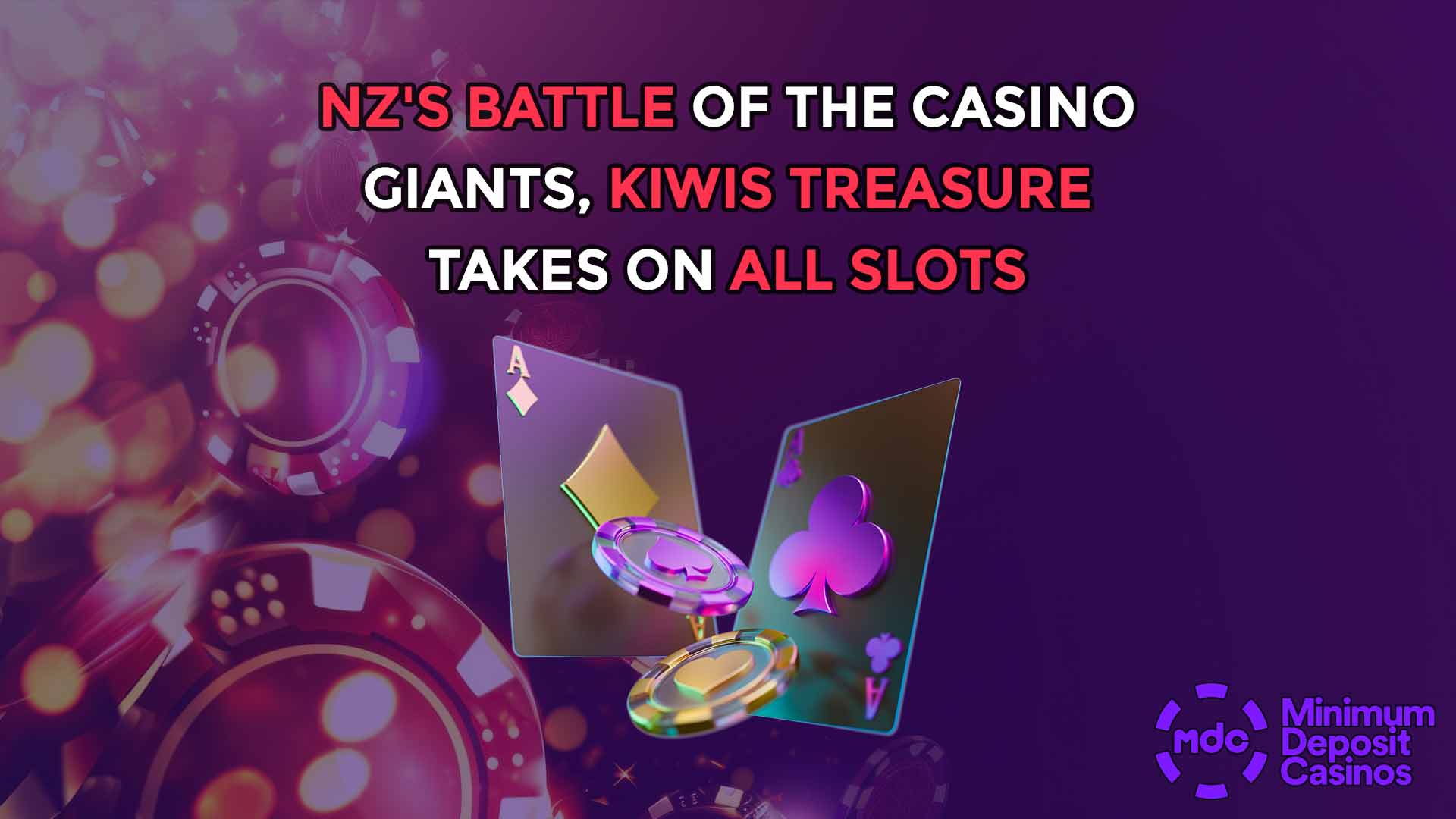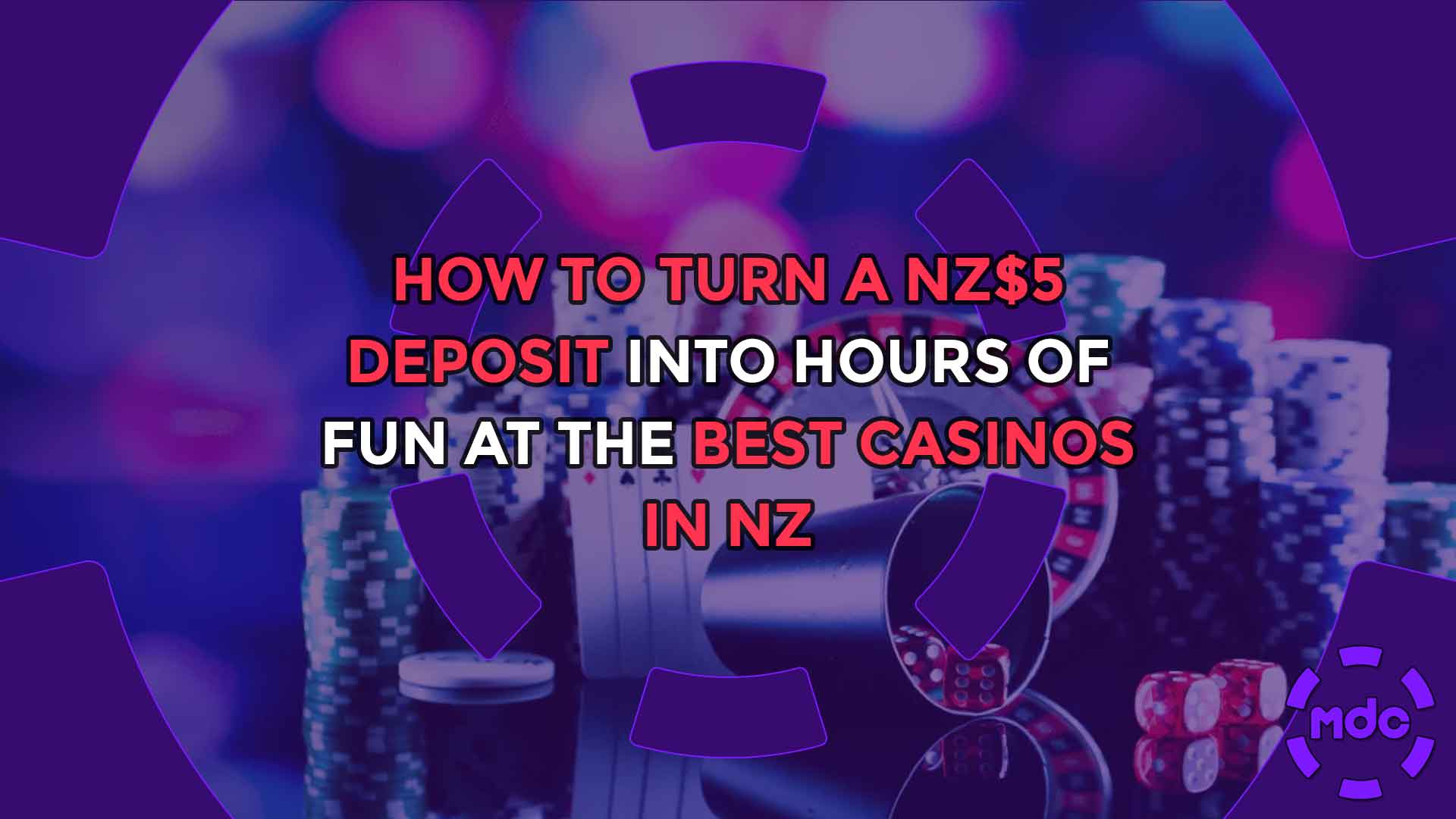
Kiwi man asked to forfeit $600k he won in illicit online gambling
By Raymond Lewarne
A New Zealand court has ordered a man convicted of illegal gambling to give up over $600,000 in illicit profits. This ruling against Thomas Mackay Taniwha from Lower Hutt, NZ, follows his earlier conviction, where he was fined $16,500.
The case, which involved a two-year investigation known as Operation Ace reveals that he had been hosting poker games at online gambling sites and in person. What’s important here is that these illicit activities and the subsequent ruling could adversely impact regulated New Zealand online casinos, minimum bet sportsbooks NZ, low deposit casinos NZ, and the industry as a whole.
An investigation by police and the Department of Internal Affairs (DIA), which started in 2020, found that Taniwha was involved in “high turnover” games, where his poker sessions attracted attention. In 2022, a breakthrough occurred when officials executed a search warrant at Taniwha’s residence.
They discovered $25,700 in cash and a room specifically designed for hosting poker games. But this was just the tip of the iceberg, as further investigations revealed that he had been moving large amounts of money through his bank accounts – money found to have been directly linked to his illegal gambling operations.
Following Taniwha’s conviction in April 2024, where he was fined $16,500, the court’s attention turned to the proceeds of his illegal activities. Justice Peter Churchman ordered Taniwha to forfeit $619,692 under the Criminal Proceeds (Recovery) Act. This sum represents the total amount Taniwha is believed to have earned from his criminal poker ventures.
According to a report on RNZ, Detective Sergeant Sam Buckley, is quoted as saying that Taniwha’s bank accounts were a key focus. Some of the funds were traced to a car dealership business account, raising suspicions about attempts to launder the money.
Understanding the Criminal Proceeds (Recovery) Act
Under the Criminal Proceeds (Recovery) Act, officials can seize property or money if it is accumulated through criminal activity. The objective is to mitigate the profits of crime.
In Taniwha’s case, the act was instrumental in ensuring that the profits from his illegal gambling operations were confiscated. While his initial fine may have been relatively modest, the second one was more hefty, effectively taking away his profits.
A Broader Context: Gambling in New Zealand
Gambling is part and parcel of the Kiwi social fabric. From horse racing to online gambling, NZ has a rich history of wagering on games of chance. However, this history is also marked by stringent regulations aimed at keeping gambling within legal and responsible boundaries.
Gambling is strictly regulated by the DIA, and the Gambling Act 2003 governs the industry, providing rules for everything from lottery games to best online casinos NZ and even minimum bet sportsbooks NZ. The Act is in place to ensure that gambling is fair and conducted in a way that minimizes harm to people.
However, despite these regulations, illegal gambling has persisted as a problem. Whether it’s underground poker games or unregulated online platforms, illegal gambling poses significant risks – not just to those who participate, but to society at large and the regulated best online casino industry as well.
Online gambling has added a new dimension. While many top NZ online casinos operate legally under strict regulations, there’s a darker side to the industry. Unregulated and illegal online gambling sites can operate from anywhere in the world, making them difficult to trace and monitor. These sites often attract individuals looking to bypass NZ’s legal framework, leading to a range of problems, from fraud to money laundering.
In Taniwha’s case, his use of online platforms to conduct illegal gambling highlights the challenges that authorities face in this digital age. Despite this, the Kiwi government, through the DIA and the police, has been proactive in combating illegal gambling. Operations like Ace demonstrate the commitment of authorities to crack down on those who flout the law.
However, enforcement is only part of the solution. Education and awareness are also crucial in curbing illegal gambling. Many individuals who participate in such activities may not fully understand the risks or the legal implications. By increasing public awareness of illegal gambling and the strict penalties involved, authorities hope to reduce the prevalence of these activities.
As gambling continues to evolve in the digital age, the need for vigilance remains high, especially among players. Whether it’s through enforcement, legislation, or public education, New Zealand is taking many steps to address the challenges it faces.
For those tempted by the allure of quick profits, Taniwha’s story serves as an example of what happens when you get involved in criminal activities.
Players therefore need to ensure they do proper research before signing up to NZ low-deposit casinos. Make sure to read our casino reviews and find trusted and reputable online casinos in NZ.
You can do this by checking out our MDC (Minimum Deposit Casino) reviews page to find regulated, secure and trusted minimum deposit casinos in NZ. As a global information casino resource portal, our experts have done all the research, checked all the licenses and put together what we’ve found in these reviews. Putting in the time to research now will help you in the long run.






